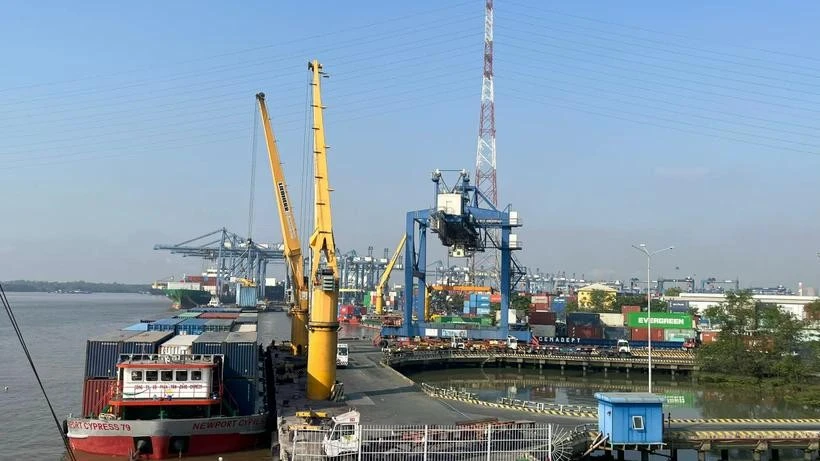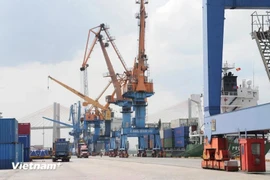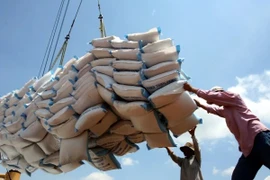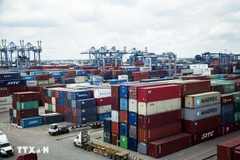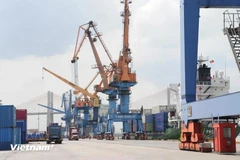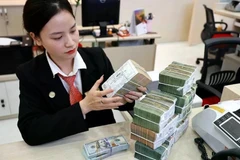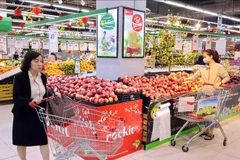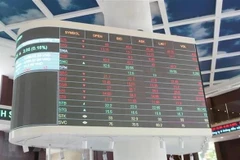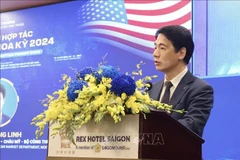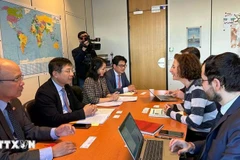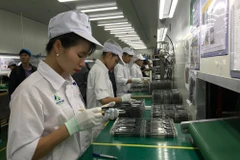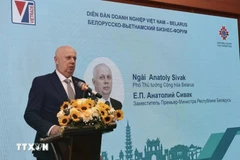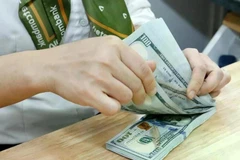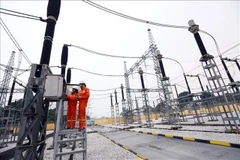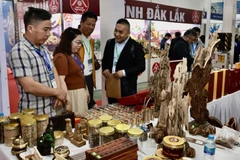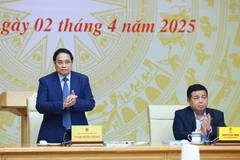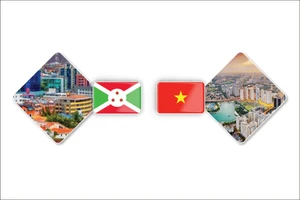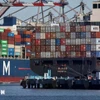Hanoi (VNA) - Vietnam has proactively reviewed and adjust tariffs, particularly on US imports, as part of efforts towards balanced trade relations, said Deputy Minister of Finance Nguyen Duc Chi at the ministry's first-quarter regular press conference on April 3. At the event, representatives of the Ministry of Finance (MoF) addressed concerns regarding the potential imposition of a 46% countervailing duty on Vietnamese exports to the US.
The ministry noted that the Government issued Decree No. 73/2025/ND-CP on March 31, which significantly reduces import tariffs on various goods. This adjustment aims to balance trade with major partners while allowing Vietnamese businesses to access more diverse markets. Specifically, the decree lowers import duties on 16 key product categories, including automobiles, agricultural products, ethanol, and wood.
Chi said that a sustainable approach is needed and that countermeasures should extend beyond tariff adjustments to include long-term solutions for stable Vietnam-US trade relations. Vietnam should explore measures that promote import-export growth without increasing tariffs, ensuring benefits for consumers in both countries.
A report from the US trade authorities indicated that Vietnam's average tariff on its goods is approximately 9.4%, with most US exports to the country facing tariffs of 15% or lower.
The ministry acknowledged that the US tax assessment incorporates multiple factors beyond tariff rates alone. Therefore, Vietnamese regulators will conduct a thorough analysis to develop appropriate response strategies.
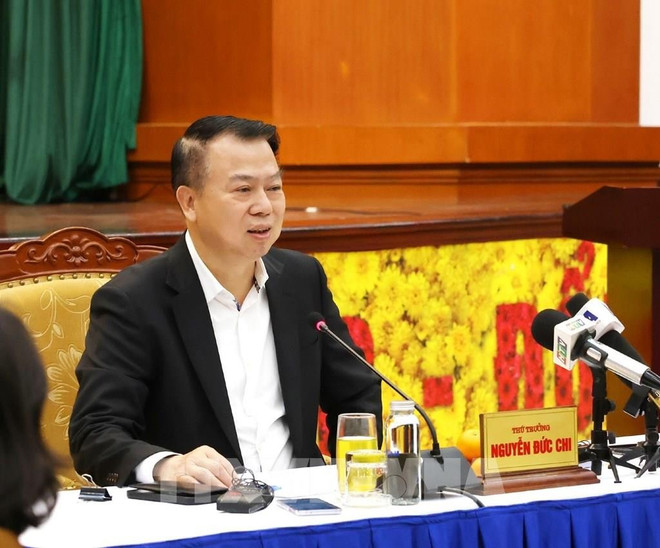
Moreover, the MoF has submitted reports to the Government and relevant authorities on a roadmap to address this issue. Factors such as cost implications, economic security, and potential impacts on Vietnam’s economy are being carefully assessed to formulate appropriate measures.
The ministry is now working closely with other agencies to evaluate policy options that support businesses. Possible solutions include market diversification, supply chain optimisation, and leveraging opportunities from Vietnam’s existing free trade agreements./.
